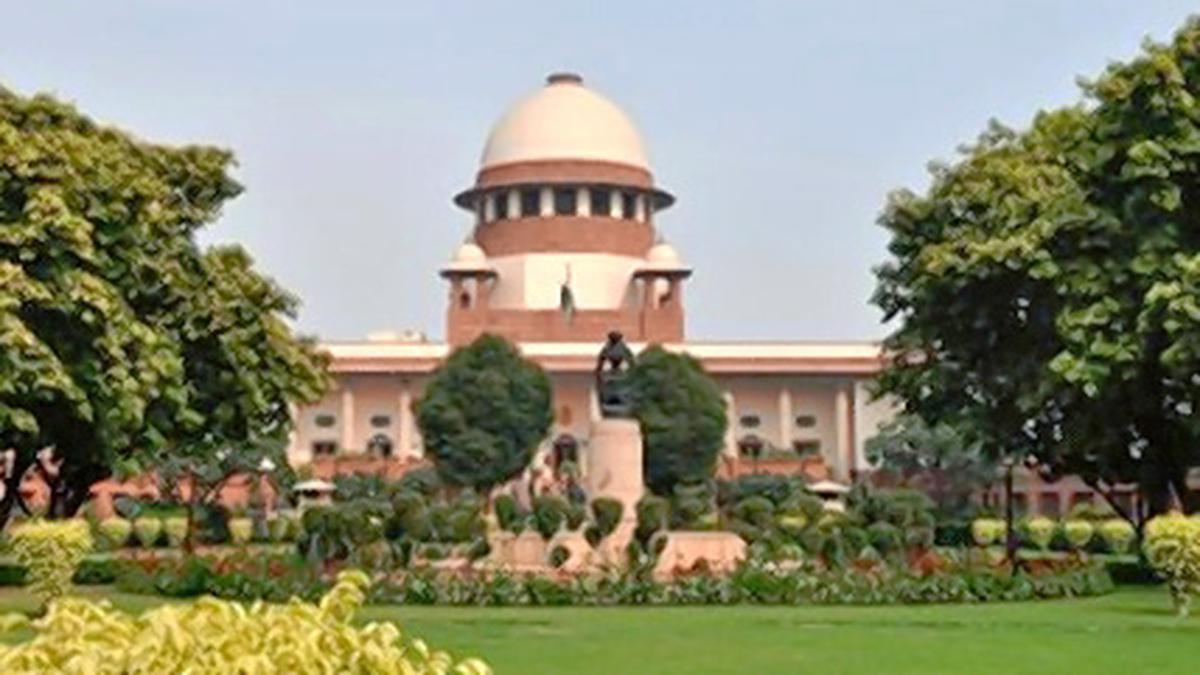
Supreme Court flags need for a dependable code of police investigation
The Hindu
Supreme Court highlights need for consistent, dependable code of investigation to prevent lapses in police probes leading to guilty walking free on technical grounds. Court refers to 2003 Malimath Committee and 2012 Law Commission of India reports on low rate of convictions due to inept, unscientific investigation.
The Supreme Court, in a recent judgment, has highlighted the need for a “consistent and dependable code of investigation” to prevent lapses in police probes leading to the guilty getting acquitted on technical grounds.
“It is high time, perhaps, that a consistent and dependable code of investigation is devised with a mandatory and detailed procedure for the police to implement and abide by during the course of their investigation so that the guilty do not walk free on technicalities, as they do in most cases in our country,” a three-judge Bench led by Justice B.R. Gavai observed in a judgment.
The observations came in a judgment acquitting three persons accused in the kidnap and murder of a teenager in 2013 due to chinks found in the police investigation. Two of the men had been awarded the death penalty by the lower court, but the apex court set it aside. The three accused were instead given the benefit of doubt.
“The manner in which the police tailored their investigation, with complete indifference to the essential norms in proceeding against the accused and in gathering evidence; leaving important leads unchecked and glossing over other leads that did not suit the story that they had conceived; and, ultimately, in failing to present a cogent, conceivable and fool-proof chain of events,” the apex court noted.
The court took a page from the 2003 report by Dr. Justice V.S. Malimath Committee on Reforms of Criminal Justice System, which emphasised that the “successful prosecution of the guilty depends on a thorough and careful search for truth and collection of evidence which is both admissible and probative”.
The court referred to a Law Commission of India report in 2012 that the reasons for a low rate of conviction included “inept, unscientific investigation by the police and lack of proper coordination between police and prosecution machinery.”













